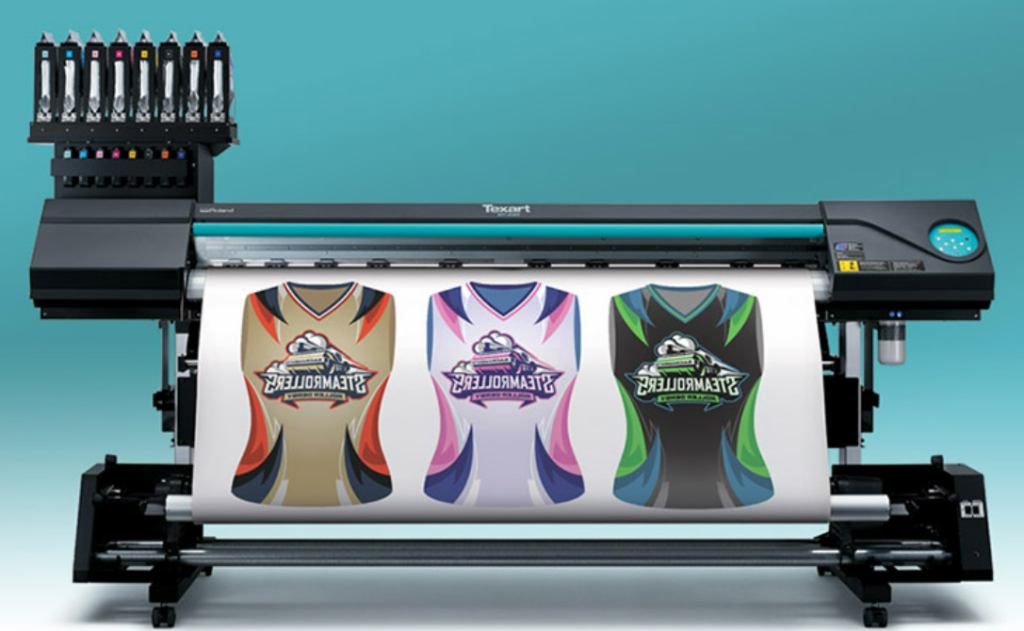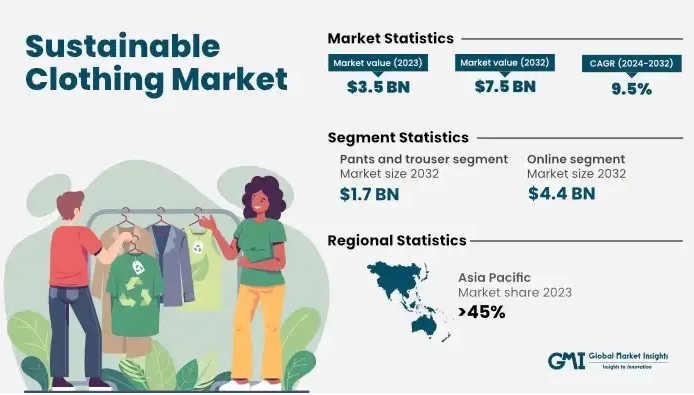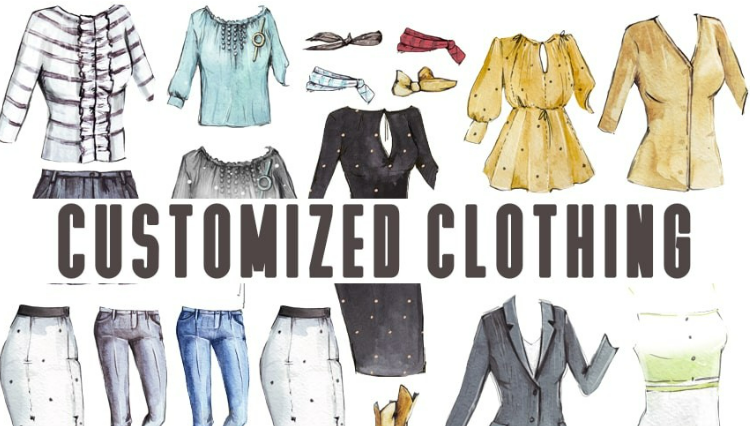The Future of T-shirt Custom Business for Garment Factory
Technological Advancements
Advanced Printing Techniques: The garment factory of the future will witness continuous improvements in digital printing technology, enabling higher quality and more detailed patterns and colors to meet consumers’ high demands for personalized designs. For instance, it will be possible to reproduce the intricate details of complex artworks or photos with remarkable fidelity. Moreover, 3D printing technology may gradually find its way into the T-shirt custom business, creating unique textures and three-dimensional effects on graphics, making the T-shirts even more distinctive and visually striking. Additionally, it could potentially add practical functions such as built-in phone holders or pockets.
Smart Customization Software and Platforms: Customization software and platforms will become more intelligent and user-friendly. Leveraging artificial intelligence and machine learning algorithms, these tools will offer more accurate design suggestions and personalized recommendations based on consumers’ preferences and past order data. Consumers will be able to design their ideal T-shirts online more easily, customizing every aspect from style, color, and pattern to text content, and preview the results in real-time, enhancing their satisfaction and the efficiency of the customization process.
Integration of Wearable Technology: In the future, T-shirt custom business may integrate with wearable technology. For example, T-shirts embedded with smart sensors could monitor the wearer’s health data such as heart rate, body temperature, and运动状态, and synchronize this data with mobile apps or other devices, providing consumers with a more functional and tech-savvy wearing experience.

Sustainable Development
Widespread Use of Eco-friendly Materials: With increasing consumer awareness of environmental protection, the T-shirt custom industry will increasingly adopt sustainable materials. Natural and renewable fabrics such as organic cotton, bamboo fiber, and hemp fiber will become mainstream choices due to their environmental friendliness, as well as their excellent breathability and comfort. Additionally, recycled materials, like recycled fibers made from discarded plastic bottles, will also see wider application in T-shirt customization, reducing reliance on natural resources and minimizing environmental pollution caused by waste.
Green Production and Processing: The production process will embrace environmentally friendly printing inks, dyes, and processing techniques to reduce the use of chemicals and the emission of waste water and gases. For instance, water-based inks will gradually replace traditional solvent-based inks, minimizing harm to the environment and human health. Simultaneously, factories will place greater emphasis on energy conservation and emission reduction, optimizing production processes to improve energy efficiency and achieve the goal of green production.
Promotion of Sustainable Development Concepts: T-shirt custom enterprises will not only be product providers but also advocates of sustainable development concepts. Through publicity and education, they will guide consumers to pay attention to environmental protection and sustainable development issues, raising consumer environmental awareness. As a result, consumers will be more inclined to choose eco-friendly products when customizing T-shirts, thereby driving the entire industry towards sustainability.

Deepening of Personalization and Customization Services
Highly Personalized Designs: Consumers’ pursuit of self-expression and uniqueness will prompt the T-shirt custom business to offer even more extreme personalized design services. In addition to the common customization of patterns and text, consumers will be able to customize the T-shirt’s pattern, collar style, cuff design, and even the overall shape according to their own creativity and requirements, truly achieving a one-of-a-kind wearing experience.
Customized Sizes and Fit: To meet the body shape requirements of different consumers, T-shirt custom factories will provide more accurate size customization services. Through advanced measurement technologies and data analysis, personalized size suggestions will be offered to consumers, and production will be tailored to their specific measurements, ensuring the best fit for each T-shirt and enhancing wearing comfort and satisfaction.
Customized Packaging and Delivery: Personalization will extend to the packaging and delivery环节. Enterprises can provide customized packaging designs according to consumers’ requests, such as adding personal photos or blessings, making the product unique from the packaging stage. In terms of delivery, more flexible options will be available, such as specifying delivery times and locations, improving the overall shopping experience.

Market Expansion and Collaboration
Opportunities in Cross-border E-commerce: The acceleration of globalization and the popularization of the Internet have provided broader market space for the T-shirt custom business through cross-border e-commerce. Enterprises can sell their products globally via cross-border e-commerce platforms, breaking geographical limitations and reaching more potential customers. Moreover, cross-border e-commerce can reduce channel costs, improve product cost-effectiveness and competitiveness, and promote the international development of the T-shirt custom business.
Cooperation and Joint Ventures with Brands: T-shirt custom enterprises can collaborate or form joint ventures with various well-known brands, designers, artists, film and television entertainment companies, etc., to launch customized T-shirts with unique creativity and brand value. Such cooperation not only leverages the brand influence and fan base of the partners to expand market share but also offers consumers more novel and interesting design choices, enhancing brand awareness and reputation.
Expansion into New Application Scenarios: Beyond the traditional personal wear and gift markets, the T-shirt custom business will expand into more application scenarios. For example, enterprises can cooperate with tourist attractions, cultural event organizers, and sports event sponsors to customize commemorative and theme-based T-shirts for sale as event souvenirs or competition uniforms. In addition, they can also provide bulk customization services for corporate team building, school activities, and non-profit organizations to meet the personalized needs of different groups.

Experiential Marketing and Social Media Dissemination
Experiential Marketing Activities: To attract consumers and enhance brand loyalty, T-shirt custom enterprises will place greater emphasis on experiential marketing. By hosting offline customization experience events, workshops, and pop-up stores, consumers can personally experience the fun and process of T-shirt customization, increasing their awareness and engagement with the brand. During these activities, consumers can design and produce their own T-shirts on-site, interact with designers and other consumers, forming a positive brand reputation and user community.
Promotion and Dissemination on Social Media Platforms: Social media will continue to play a crucial role in promoting the T-shirt custom business. Enterprises can showcase various personalized T-shirt design cases on social media platforms to attract consumers’ attention and interest. Encouraging consumers to share photos and stories of their customized T-shirts on social media will leverage their social networks for word-of-mouth dissemination, expanding brand influence and exposure. Additionally, collaborating with social media influencers and bloggers for product promotion will also be an effective marketing strategy.


